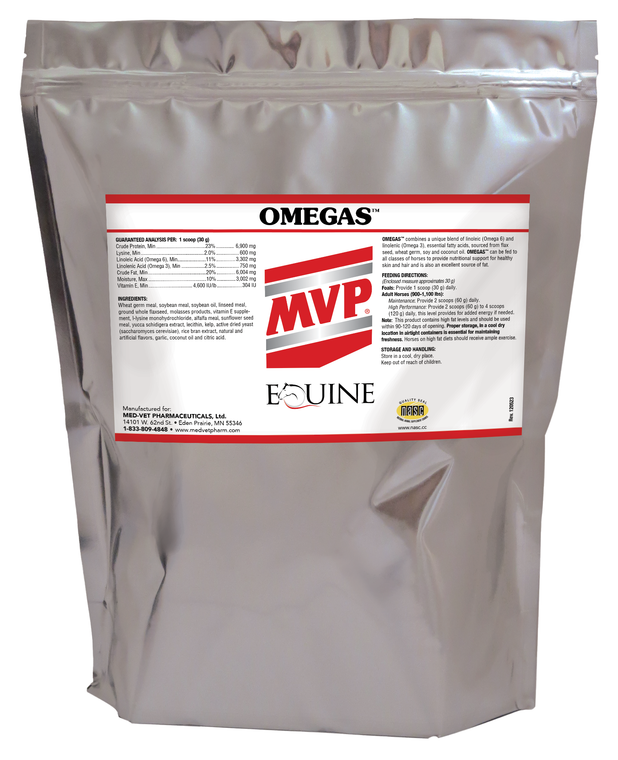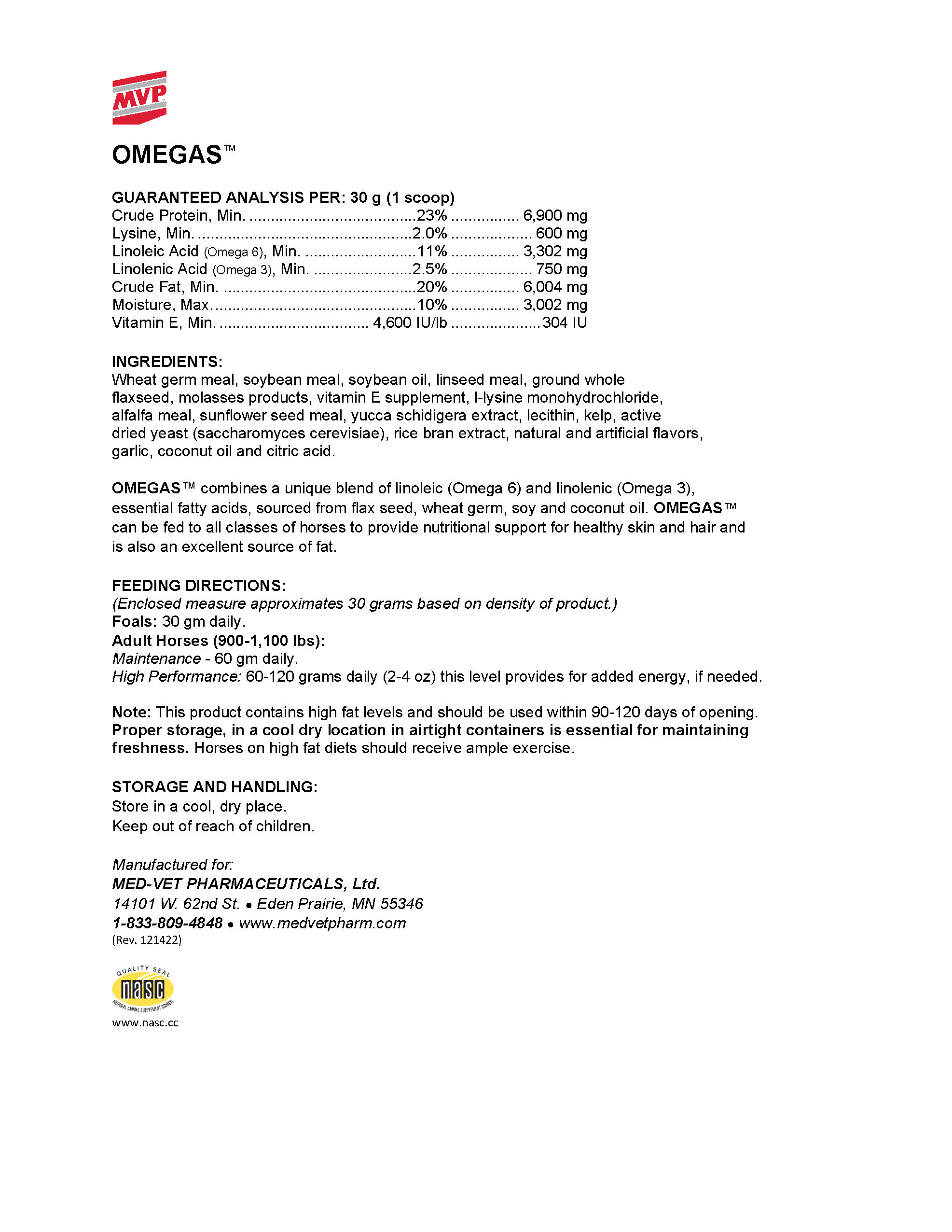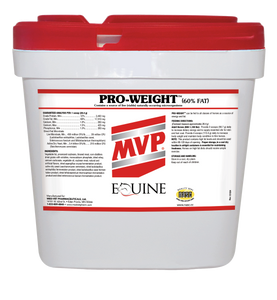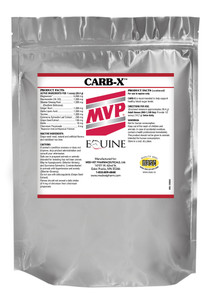Linolenic Acid (Omega-3) are essential fatty acids and must be obtained from the diet in order for
the body to function well. Omega-3s help support a normal inflammatory response throughout the body.
There must be a balance between the omega-3s and omega-6s for a proper but not excessive
inflammatory response.
Linolenic Acid (Omega-6) There must be a
balance between omega-3s and omega-6s for a proper but not excessive inflammatory response.
Vitamin E (Tocopherol) is considered the most important antioxidant and works closely with selenium to protect the body from the oxidative stress of exercise, illness and certain medical conditions. Found in high amounts in fresh pasture, levels begin to decay the moment pasture is cut for hay. That is why any horse that does not have access to grass — regardless of its activity level or health — should receive vitamin E supplementation. Horses are not very efficient in storing vitamin E and deficiency may be accelerated if the diet is deficient in selenium.
Lysine is an amino acid and the only one for which a requirement in the horse has been established by the NRC. It is an essential amino acid, meaning it must be provided in the diet since the body cannot create enough of its own. Lysine is also a limiting amino acid. This means if it is not present in adequate amounts it limits the body's ability to make protein. Lysine is important in the formation of collagen (the protein that forms the matrix of bone, cartilage and connective tissue). Lysine supports normal intestinal absorption of calcium and helps reduce the excretion of calcium in the urine.









